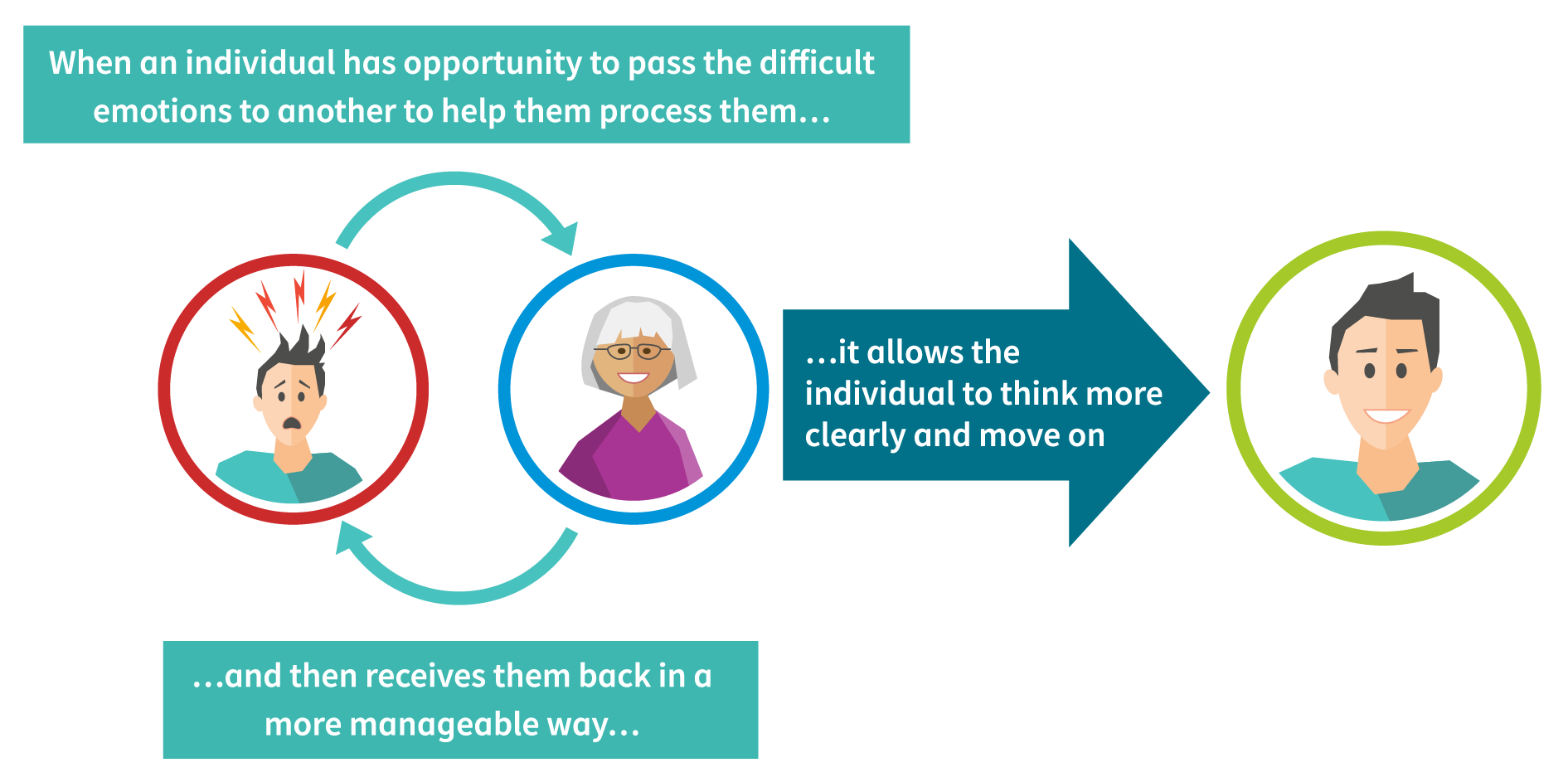What Matters to Children and Young People
Support can come in many different forms and delivered by a wider range of community, third sector, health, education and social care organisations and services. The specific interventions described in the EI Framework may be one strand among a range of practical and emotional help within a context of wider support for children, young people and families.
The principles of Getting it Right For Every Child (GIRFEC) underpin the ways in which services in Scotland work with children, young people and their families, taking a child-focused, holistic approach to understanding a child and family’s wellbeing needs in context, based on children’s rights, and reflecting the UN Convention on Rights of the Child (UNCRC).
Children, young people and their families consistently report that what matters to them is:
- Being at the centre of their care, where practitioners respect and understand the particular circumstances and preferences of individuals and their family and providing tailored support, based on the voices of the child and family.
- A holistic approach, that considers the emotional wellbeing as part of a wider picture of emotional, physical, and social wellbeing, and promotes services working together to support families.
- A strengths-based approach, that recognises and builds upon a person’s own abilities, knowledge skills and potential.
- Quality relationships with practitioners, that are characterised by a non-judgmental, respectful and collaborative attitude. They have continuity and consistency and allow trust to build.
Forming quality relationships
When thinking about interactions and relationships, two helpful concepts to consider are containment and reciprocity. Containment involves supporting someone to process their emotions, including anxiety and distress, to help restore that person’s capacity to think clearly.
It is about helping someone to step back, make sense of how they are feeling and become more able to manage those feelings. When an individual feels less overwhelmed, they are able to draw on their own inherent strengths, knowledge and skills, and are empowered and supported. This is key to a collaborative strengths-based approach.

Reciprocity refers to the to and fro interaction between two individuals; when they are tuned in to each other’s emotions and needs and respond to these in a sensitive way. When children, young people and families experience a reciprocal relationship with a practitioner, they experience someone who is noticing and responding to them as an individual, with an awareness that their experience is unique and without making assumptions.
Practitioners can develop their communication and relationship skills in order to provide the best work alongside families. The concepts of containment and reciprocity are the focus of the Solihull Approach Foundation Training.
Providing practical support
As part of providing holistic support to families, families often value practical support. Many of the programmes included in the EI framework prompt practitioners to consider potential barriers to taking part, such may be transport, childcare and timing of a programme, and consider how these can be overcome. Similarly, a holistic approach to working with children, young people and their families, considers that impact of other factors, such as housing, parental mental health, poverty, social exclusion and other health inequities. Addressing these factors, can clearly positively impact mental health and wellbeing.